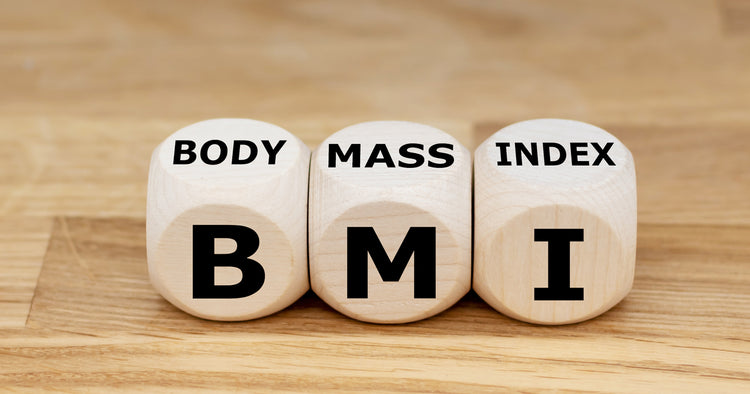Being underweight has serious health risks
Gaining a healthy amount of weight may sounds like an oxymoron to many people, but the process of gaining healthy weight is critical to understand for those that need it. Like unhealthy weight gain, losing too much weight can be associated with health problems. Often those who are underweight are not consuming enough essential vitamins and minerals that can cause systems within your body to function below optimal levels. Higher risk of osteoporosis from decreased amounts of calcium and vitamin D is just one of the many potential health risks of those who are underweight because of lower levels of calories and nutrients. Immune system function can also be lowered. In youth, growth and developmental issue are also common when healthy nutrient and calorie amounts are not met.
How can I know if I am underweight?
The easiest way to figure out if you are under weight is to calculate your Body Mass Index (BMI). Use the equation below to find your BMI number. If your BMI comes out lower than 18.5 you may be at risk for underweight health issue. For reference, being at a BMI above 30 puts individuals in the Obese category. Keep in mind that BMI is not a perfect indicator of health. Those with BMI totals over 30 may have more muscle mass and appear very lean which would not place them at risk for the potential health issues related to obesity.
For Adults – BMI = Height/Weight
For Children and Teens use this calculator.
Besides knowing your BMI number, there are other signs that may point to your need to gain some healthy weight. Being sick more often and having decreased levels of energy are common for those who are underweight.
What to do if you are concerned about being underweight
If you or your doctor are concerned about potential health issues of being under weight, you shouldn’t use your need to gain weight as an excuse to eat unhealthy amounts of non-nutritious food. Making a few small adjustments to your daily diet can add up to steady healthy weight gain over time. Follow these simple guidelines for healthy weight gain.
1. Eat More Frequently
It can be uncomfortable to try and force yourself to eat larger and more calorie dense meals. An easy way to increase your total caloric intake during the day is by breaking up your calories into more meals throughout the day. For Example, if you are trying to increase your daily caloric intake to 2500 calories per day, try increasing the number of meals you eat to 5 per day. Each time you eat you can aim for 500 calories per meal.
2. Snack on More Nutrient Dense Foods
Since lack of optimal amounts of vitamins and minerals is common in those who are underweight, it is important to choose foods that are high in nutrients. Try to incorporate more fruit and nuts into your snack and meal times for a nutrition and calorie boost. Smoothies and protein bars are also easy ways to ad healthy nutritious calories to you daily diet.
MUSCLE BUILDING BASICS: HOW IT WORKS
NUTRITION PLAN TO GAIN MUSCLE
NUTRITION BASICS: WHAT YOU NEED TO KNOW ABOUT CALORIES
INTRODUCTION TO MACRONUTRIENTS
Recommended Products:
Anti-Burst Gym Ball w/ Pump
Add to Cart
Pilates Bands
Add to Cart
Dual Action Swivel Stepper
Add to Cart,

